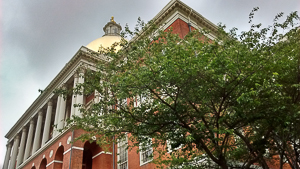Alert: A Public Health Crisis Threatens Lives of Elderly & Disabled
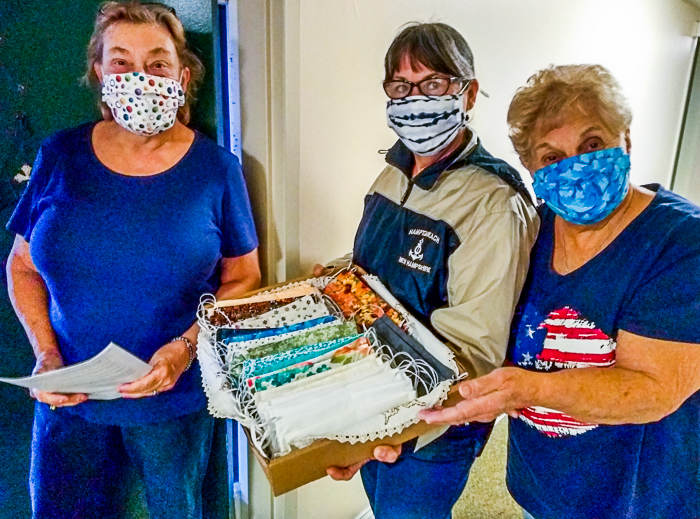
A Home Safe from COVID
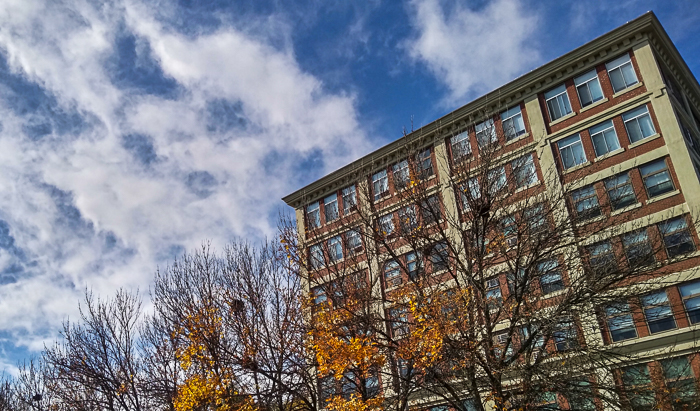
- Read more about A Home Safe from COVID
- Log in to post comments
Why Don’t We Follow Public Health Science?
We know how to protect our housing communities from COVID-19, an infection that can devastate a housing development as it has already devastated nursing homes. But we aren’t following the essentials of public health in housing for the elderly and disabled, or in many other settings.
- Read more about Why Don’t We Follow Public Health Science?
- Log in to post comments
Gossip & Bullying in the Time of COVID
Bonny Zeh, co-founder of the Stop Bullying Coalition, shares her observations and ideas. Updated 24 October—JH
Gossip and bullying not only target people in public and subsidized housing but also inhibit the essential collaboration needed to protect everyone from COVID. Gossip and bullying together are a contagious social disease that destroys trust and drives us apart from each other. Together, we can find a way to overcome these barriers so all of us can survive this plague.
- Read more about Gossip & Bullying in the Time of COVID
- Log in to post comments
The Little Red Hen Method for Fighting COVID
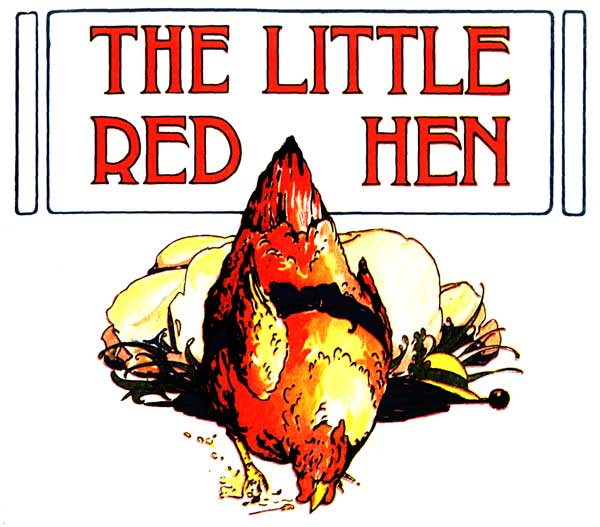
- Read more about The Little Red Hen Method for Fighting COVID
- Log in to post comments
Information: Empowered With, Fearful Without
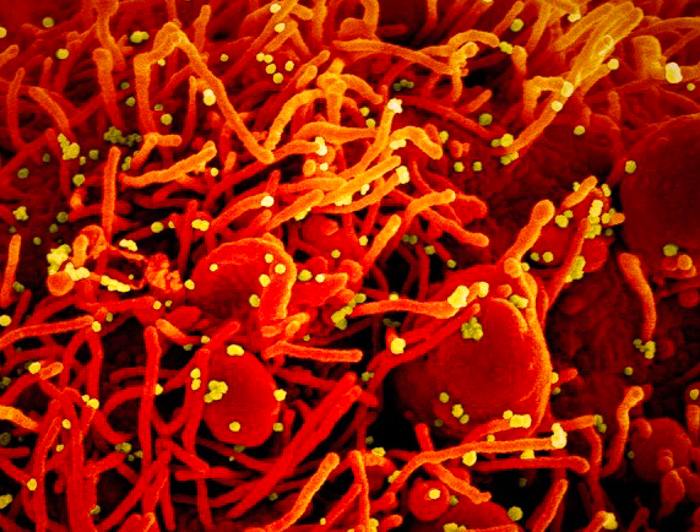
- Read more about Information: Empowered With, Fearful Without
- Log in to post comments
Editorial: Let's Protect Elderly & Disabled Tenants from COVID-19
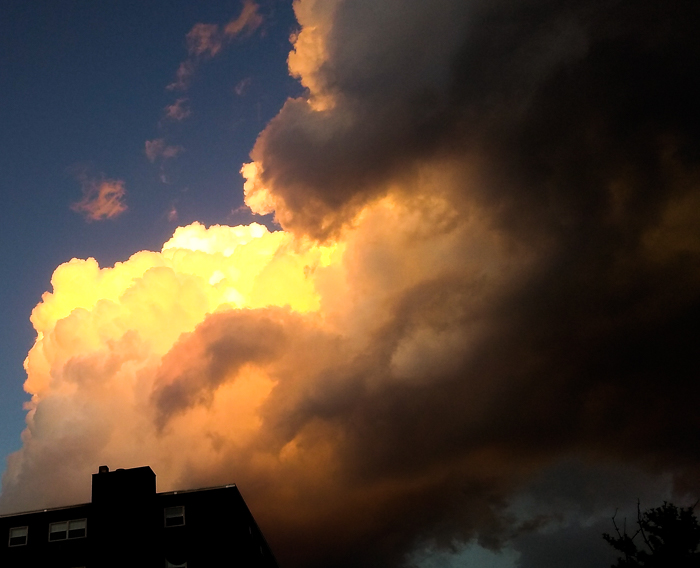
Open Letter: Preventing COVID-19 in Housing
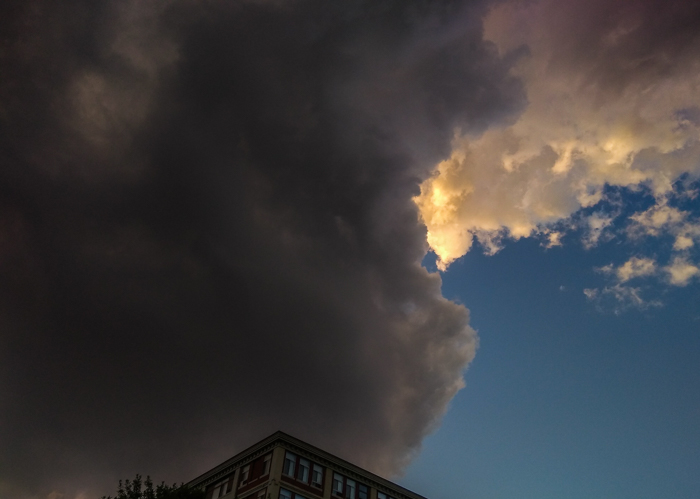
- Read more about Open Letter: Preventing COVID-19 in Housing
- Log in to post comments
Open Letter to the Joint Committee on Public Health
How to Protect Elderly and Disabled Tenants from COVID-19
